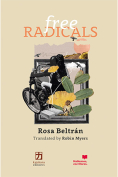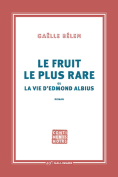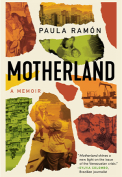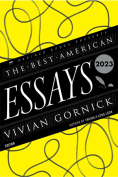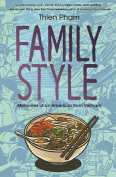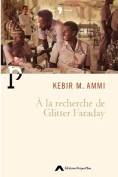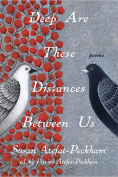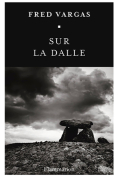The Road to the City by Natalia Ginzburg
 New York. New Directions. 2023. 96 pages.
New York. New Directions. 2023. 96 pages.
For those who are unfamiliar with Natalia Ginzburg’s distinctive style, her debut novel offers a vibrant preview. Published originally in Italian as La strada che va in città under the pseudonym Alessandra Tornimparte, the novel was written while Ginzburg (1916–1991) was living in hiding in the Abruzzo region in 1941. As she notes in the afterword, she had difficulty as she began writing the novel because she lacked confidence that she could manage the genre’s longer length, having previously written only short stories. But the season was autumn, the trees and hills were turning red, and she was feeling a deep nostalgia for her native city of Turin—soon, real characters began to condense. Ginzburg’s characters are notably singular creations: they speak to us in moments of disarming intimacy and trust in voices that have the stinging force of whiplash and leave echoes in the haunted air of her narratives.
The story that this short novel tells is a simple but piercing one: an adolescent girl who is bored with her provincial country life longs to escape to a more glamorous life in the city, like her older sister, Azalea. Delia’s journey from childhood innocence to adult experience is made—literally and figuratively—on the road that leads to the nearby city. There she meets a vacuous, self-important doctor’s son by whom she soon becomes pregnant, and under pressures from both families, he reluctantly agrees to marry her. But Delia doesn’t love Giulio—she doesn’t yet know what love is, though she has brief flashes of what it might be during the time she spends having long, soulful talks with her distant cousin, Nini, on the river banks of the city. In stark contrast to Giulio, Nini is a sensitive thinker who reads books and aspires to a more meaningful life than the one he leads as an urban factory worker. He falls in love with Delia, leaving her with a choice to make about what her true feelings are. She ultimately chooses the prosperous life of a doctor’s wife in the city, while remaining confused and regretful over losing Nini.
Although the tale is relatively uncomplicated at its surface, the undertow of meaning in Delia’s story is swift and resonant. The lives of the women in her impoverished world are sharply limited by socioeconomic barriers that leave them feeling frustrated and lonely as they move through days of unending martyrdom in the service of controlling husbands and wayward children. Delia and the women in her extended family chafe against these restrictions but struggle with the challenge of finding their way into more independent lives. Azalea, Delia’s sister, offers her some brutal, hard-won advice: “You must always do as you please with men because if you act like a weakling, they’ll take away the very air you breathe.”
Ginzburg’s straightforward, imagistically spare language presents a fairly modest task for a translator, and Gini Alhadeff smoothly renders the original Italian text into English at every turn. By confining her tale to a bare verbal outline, Ginzburg gives her words great force—they repeat themselves with a mesmerizing rhythm and generate a growing tension that transforms seemingly plain, unadorned passages into dramatic ones that are emotionally charged. The result is an unforgettable narrative that will enchant readers with the potency of its power and charm.
Rita Signorelli-Pappas
Greensboro, North Carolina




